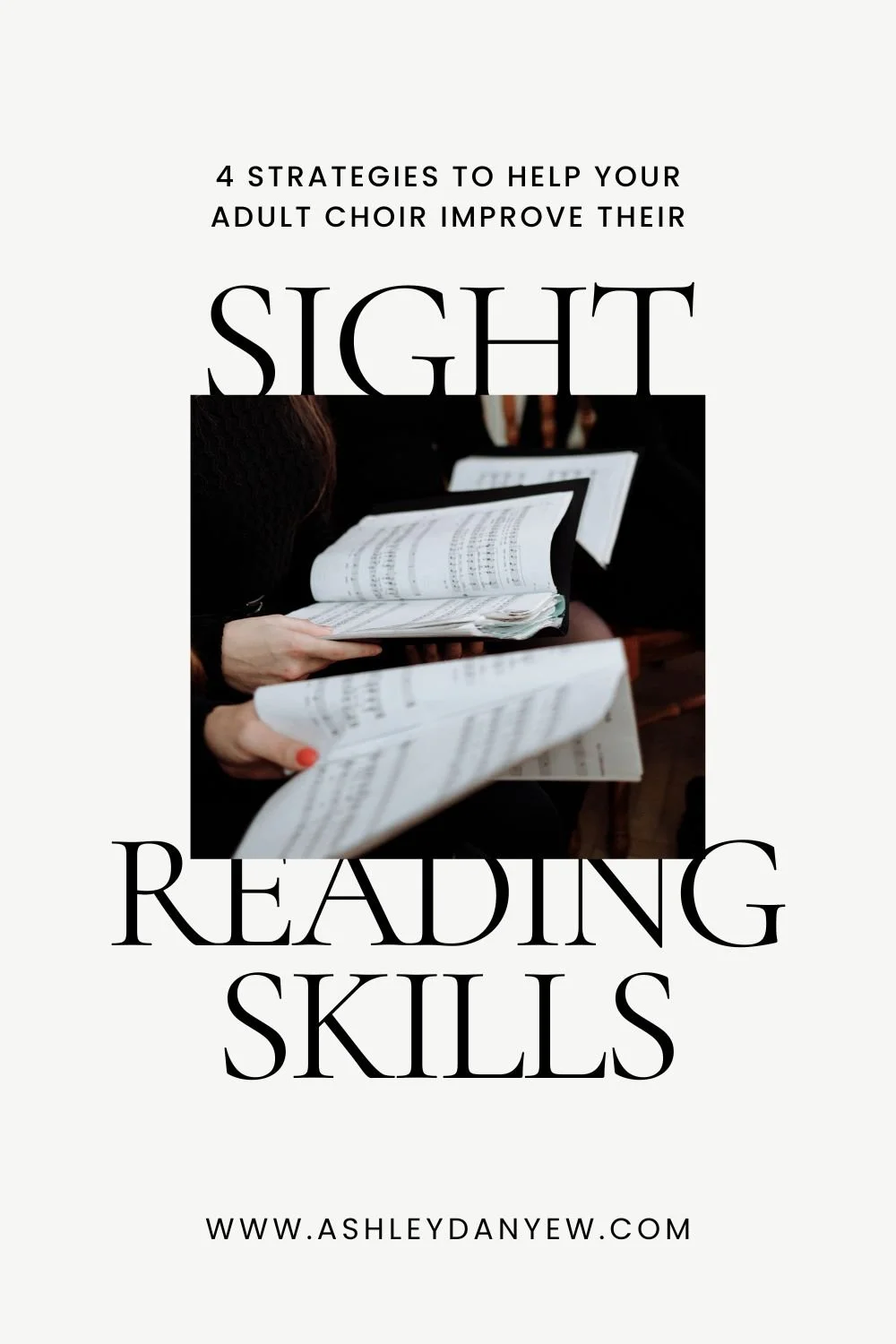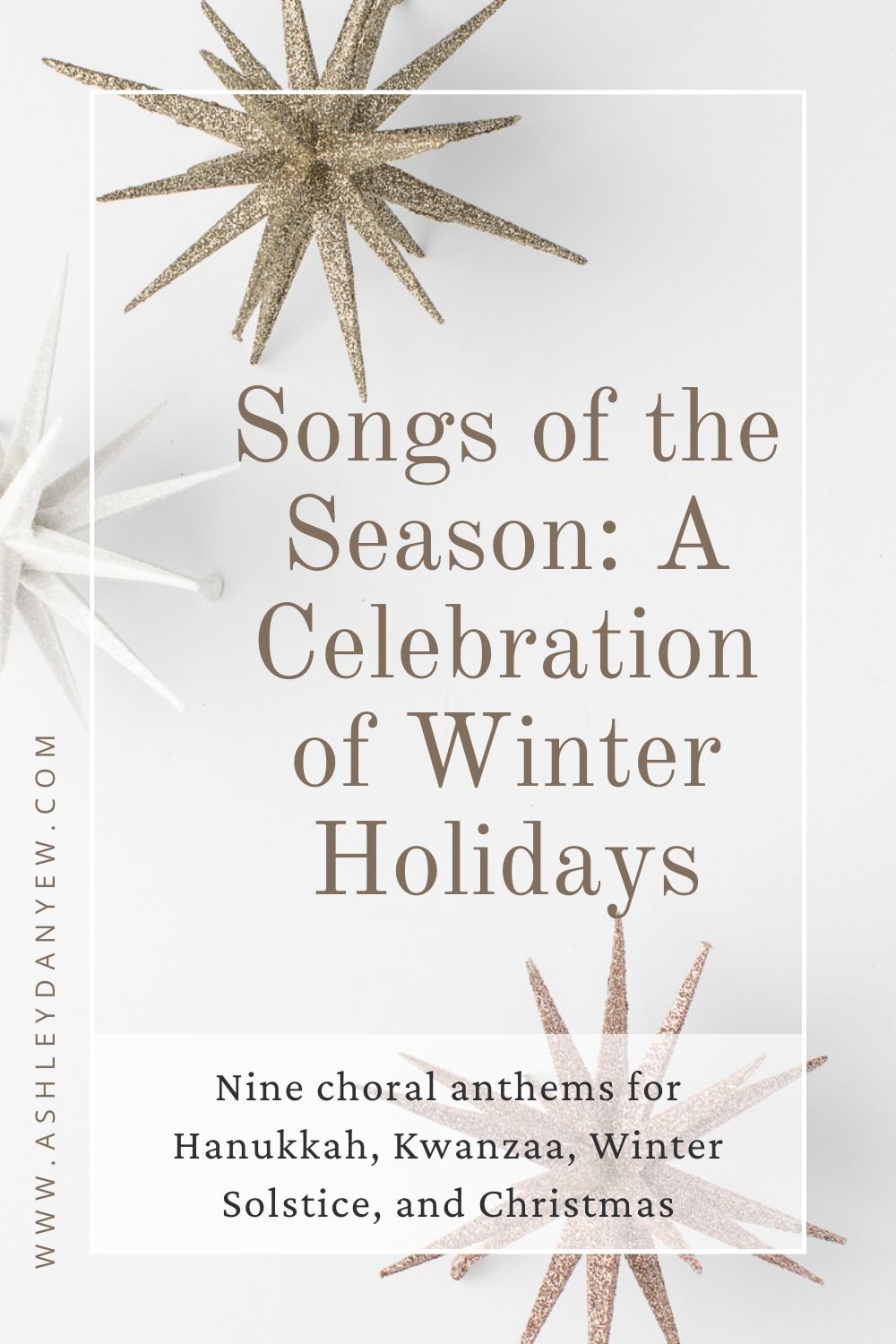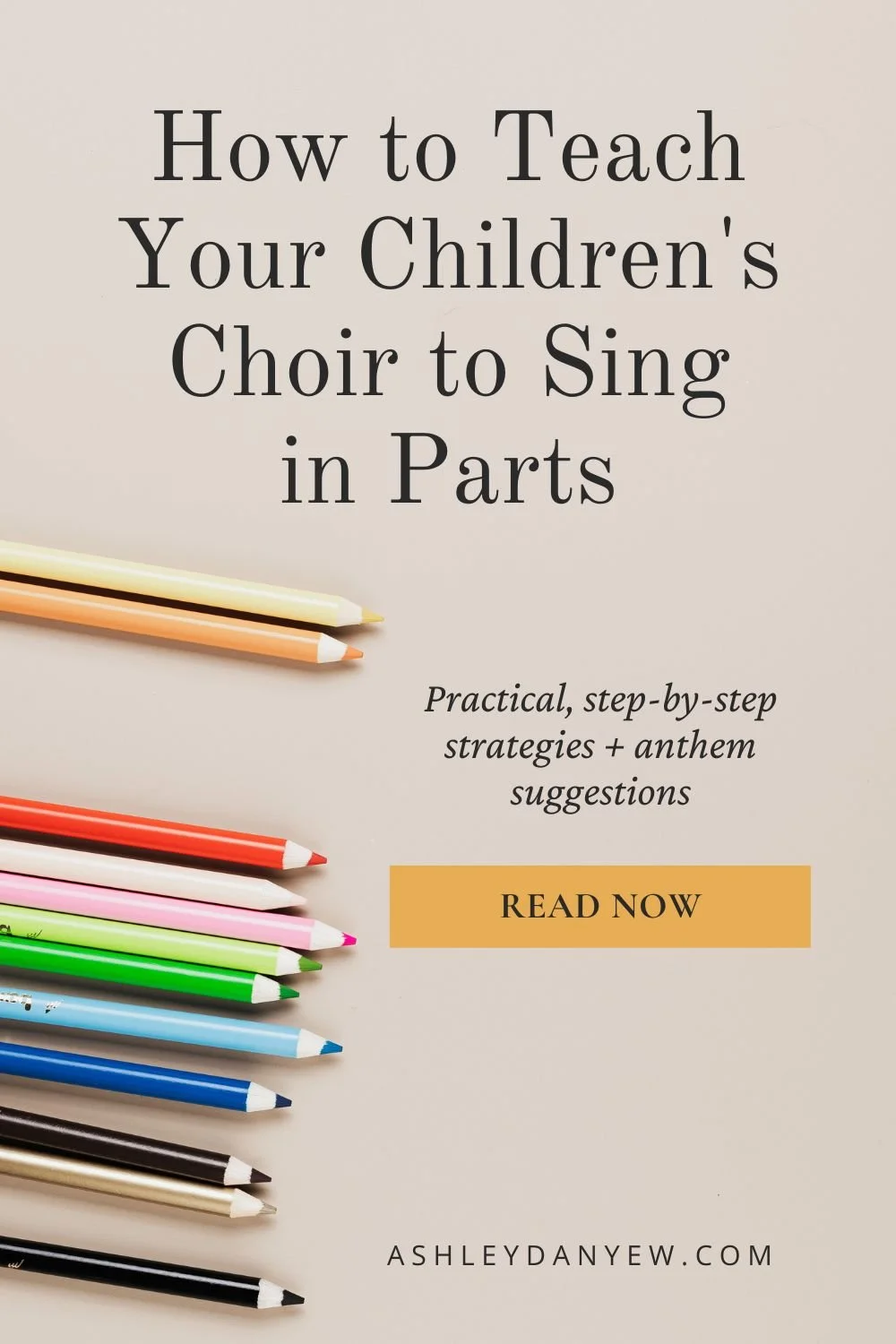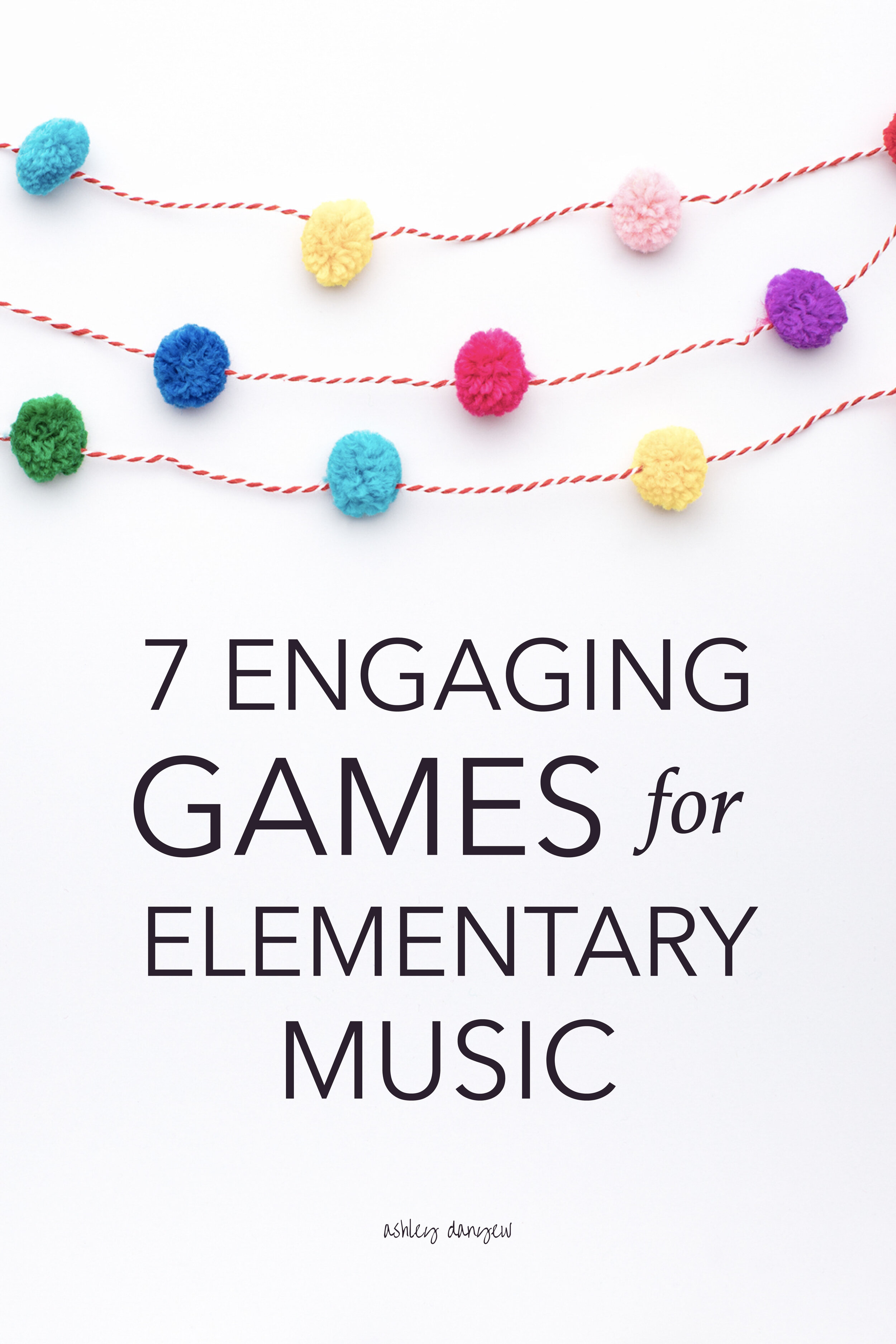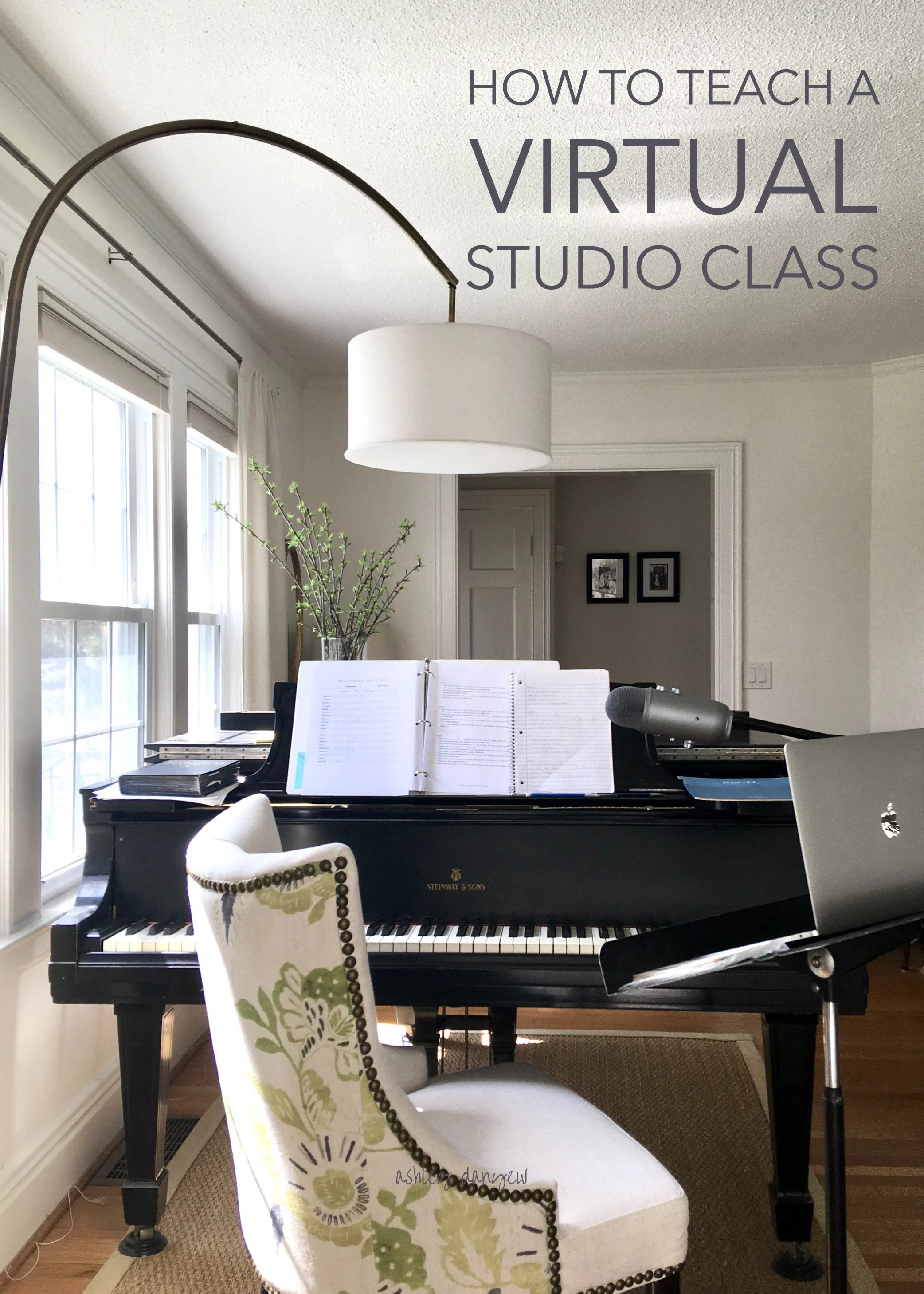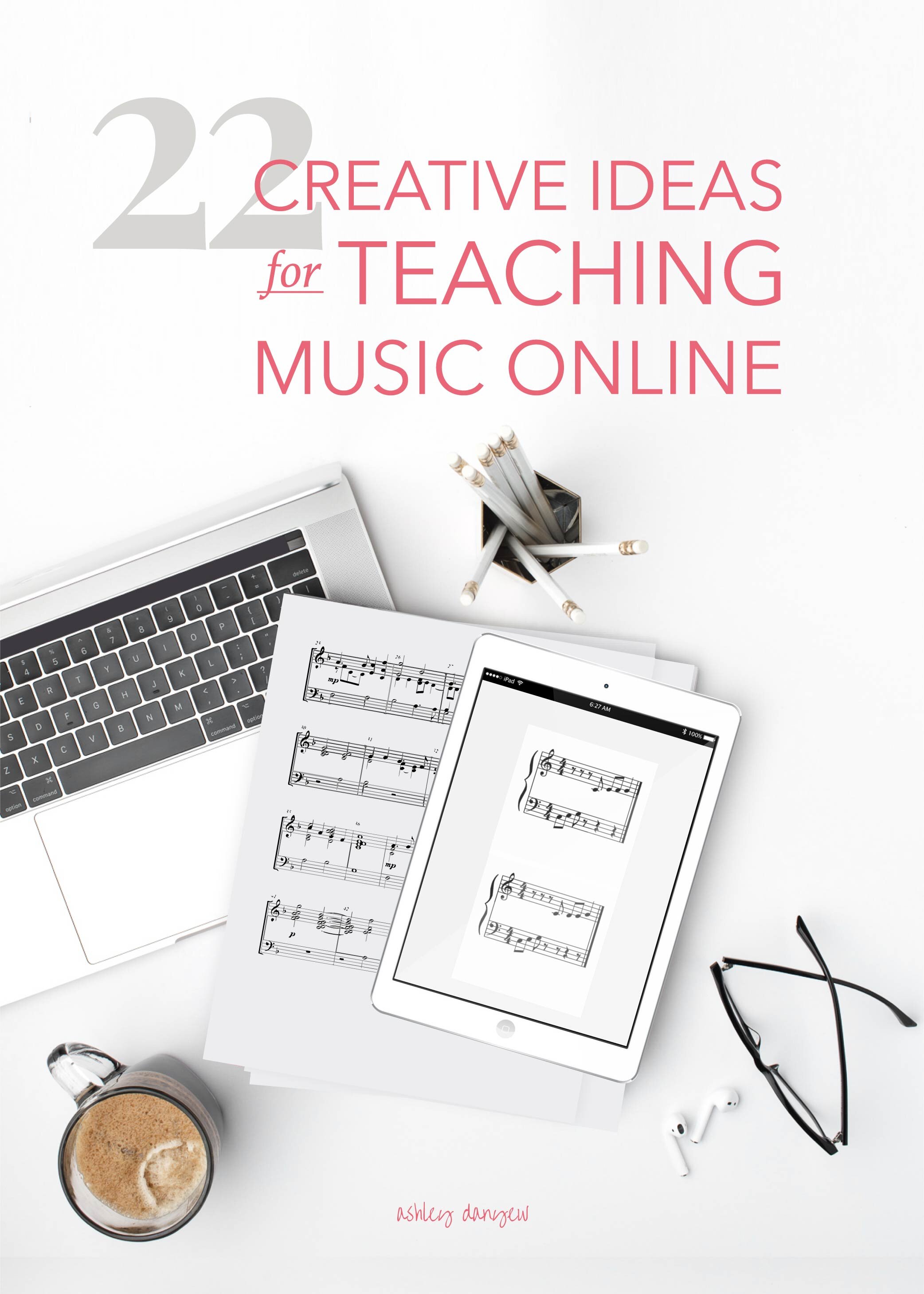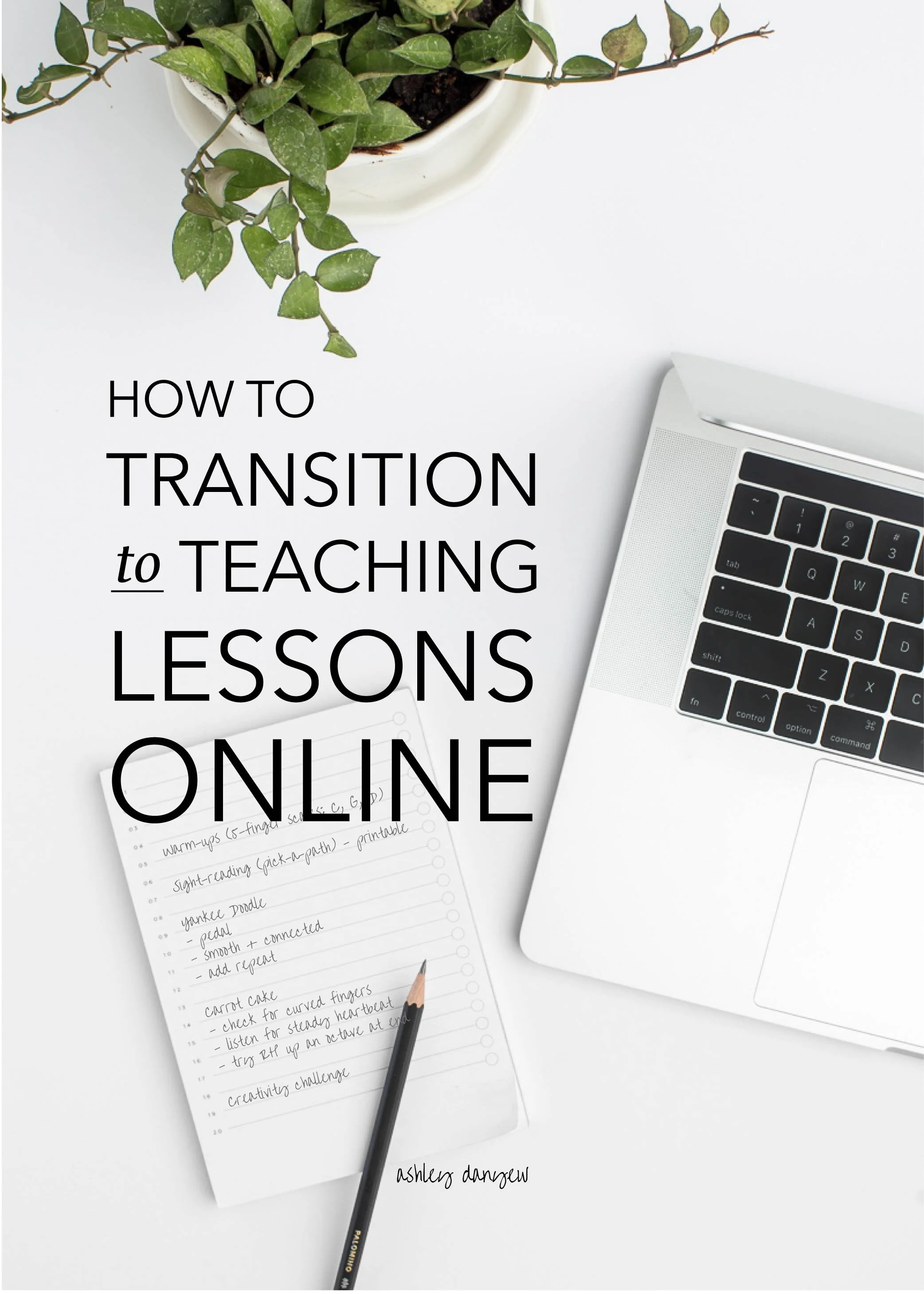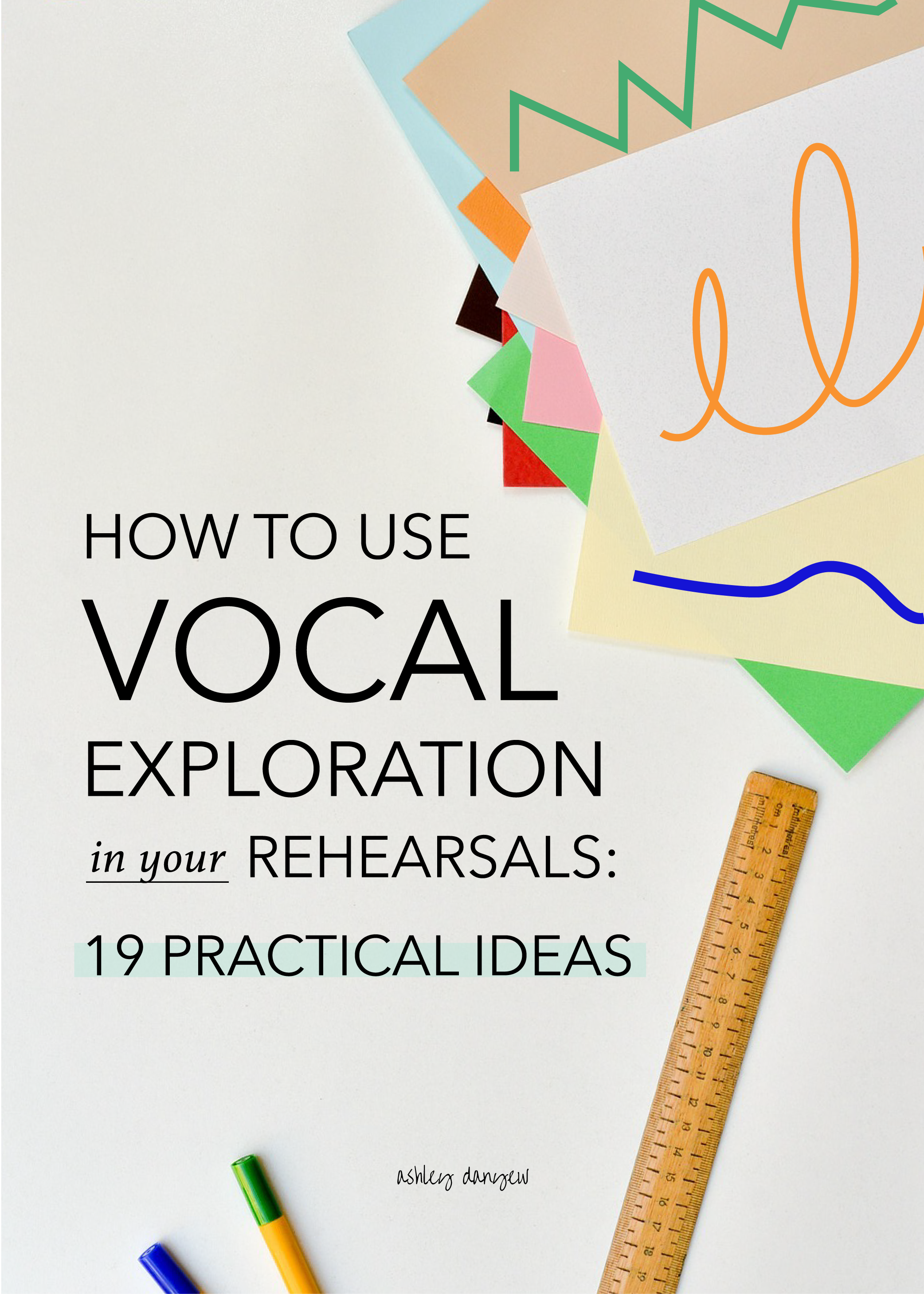Next week (May 24-28), I’m hosting the 3rd annual Music Education Basics, a free 5-day workshop for music educators.
With 60+ minutes of practical content, Music Education Basics is designed to give you clarity in your teaching and a fresh dose of inspiration and practical teaching ideas you can use right away.
But before you pull a new spiral notebook off the shelf and start mapping out ideas and making plans, let’s take a few minutes to assess where we are right now.
It’s been a challenging year and as music educators, we’ve had to innovate, try new things, learn new technology, and be open and responsive to things as they change.
We’ve had to find new ways of doing things we’ve always done: things that may have felt automatic or second nature to us. Things we thought could be taught only one way.
We’ve learned a few things about ourselves as musicians, teachers, and creatives—our approach, our process, our practice.
Today, I have three questions for you:
What kind of musician do you want to be?
What kind of teacher do you want to become?
What is your #1 teaching-related goal?
Reflecting on these questions will help you think about who you want to become—as a musician, teacher, artist, creative, mentor, leader, etc., and why that’s important to you. You may find that your answers vary slightly from year to year!
Let’s dig a little deeper into each of these questions. Download the free workbook below for a space to write and take notes!
Free Teaching Reflection Workbook
Download this free 5-page Teaching Reflection Workbook with writing prompts and space to reflect and write out your goals for the coming year.
Question #1 - What kind of musician do you want to be?
In music school, we’re asked this is a question on a daily basis. Every class, every lesson, every concert is an opportunity to move the needle, to inch closer to that version of ourselves that we strive for.
I think some of that striving for excellence stays with us even after we graduate—a commitment to not settling, to continue learning and doing things that challenge us or make us feel like we’re stepping a little outside our comfort zones.
As a professional musician, though, this question can feel a little overwhelming. The learning process is never-ending. And striving for something that feels unattainable can be defeating. Have you experienced that?
This doesn’t mean it’s not an important question to ask; perhaps it just needs a little reframing.
What if, instead of thinking of it as all the musicianship skills you haven’t yet mastered, it became about your musical persona: the things that characterize you as a musician, artist, and teacher. What sets you apart? What inspires you, challenges you, motivates you? What do you love about what you do? What keeps you coming back?
Once you have a few things in mind, think about ways to continue fostering and cultivating those things this year. Maybe you’ll make a point to attend a concert (virtual or in-person) every month or carve out time to sit down and play your instrument for fun once a week. Maybe you’ll sign up for a class or do some good, old-fashioned score-study. Maybe you’ll learn a piece by ear or collaborate with other professionals in your community. Maybe you’ll make a practice of sight-reading every day.
Spend some time thinking about the kind of musician you are right now and the kind of musician you want to be and write down a few goals related to that.
Question #2 - What kind of teacher do you want to become?
I love this question because it speaks to the fact that we’re always evolving as music educators—the students we teach and the people we work with grow and change from year to year and it’s impossible for us to stay the same, to teach the same way we did last year.
We learn as we go and every year offers us a new opportunity to connect and inspire and motivate those we teach in new and creative ways. Just look at all the creative ways we found to teach music in 2020!
As a teacher, I want to be intentional with my time, to plan out some big-picture goals for my students, but also adaptable and flexible in our week-to-week lessons. I don’t want to be so tied to my plan that I miss the opportunities for learning that are embedded in the small, in-between moments. I want to be present, I want to be a good listener, and I want to inspire creativity and the pursuit of musical excellence in my students.
WHAT ABOUT YOU?
What have you learned about teaching this past year? Even if you weren’t teaching last year, what have you learned from watching those around you, from observing your own teachers? What’s important to you and how can you move toward those things this year?
Question #3 - What is your #1 teaching-related goal?
These are things you can do to inspire and motivate your students, to help them grow and reach their full potential. Maybe your goal is to find time for reflection during the coming year so you can examine and study what’s working in your teaching and what’s not working and revise your process accordingly.
Maybe your goal is to find more consistent ways to foster musical creativity in your teaching. Maybe you want to be more present—less frantic or scattered or distracted—so you can give your best self to those you’re teaching.
For me, I want to talk less and listen more. I want to look for ways to communicate more efficiently while also giving my students more space to think for themselves and come up with their own creative solutions.
What about you?
What’s your #1 teaching-related goal for this new year?
Now that we’ve spent some time talking through these three questions, I want to close with a little encouragement on how to get your thoughts down on paper and set goals that are actionable and achievable for the coming weeks and months.
Dream big.
Try not to edit your ideas before you’ve gotten them out on paper. What would your life look like if you were the best version of yourself? Find some time to sit and think about this and write down your ideas.
Plan strategically.
Don’t try to tackle all your goals in the next 8 weeks! It’s easy to get excited—you have this vision in place and you want to just go and get there—but think about the steps you need to take to achieve your goals and write out 3-4 small action steps for each one. Prioritize what’s most important or necessary and outline a clear process for change, growth, and incorporating some of those new ideas. How will you know that you’ve been successful? Mark in a few checkpoints for yourself along the way.
Make it actionable.
As you write your goal actions, start each one with an action verb so you have a clear direction for what to do.
Set a deadline.
Finally, assign a deadline to each action step and mark it on your calendar. This will help keep you accountable and help you celebrate your progress throughout the year. Remember, it’s not about reaching a certain destination at the end; it’s about setting out in a purposeful direction.
Don’t forget!
Download your free 5-page printable Teaching Reflection Workbook and start planning out your goals for the year. What will this year hold for you?







